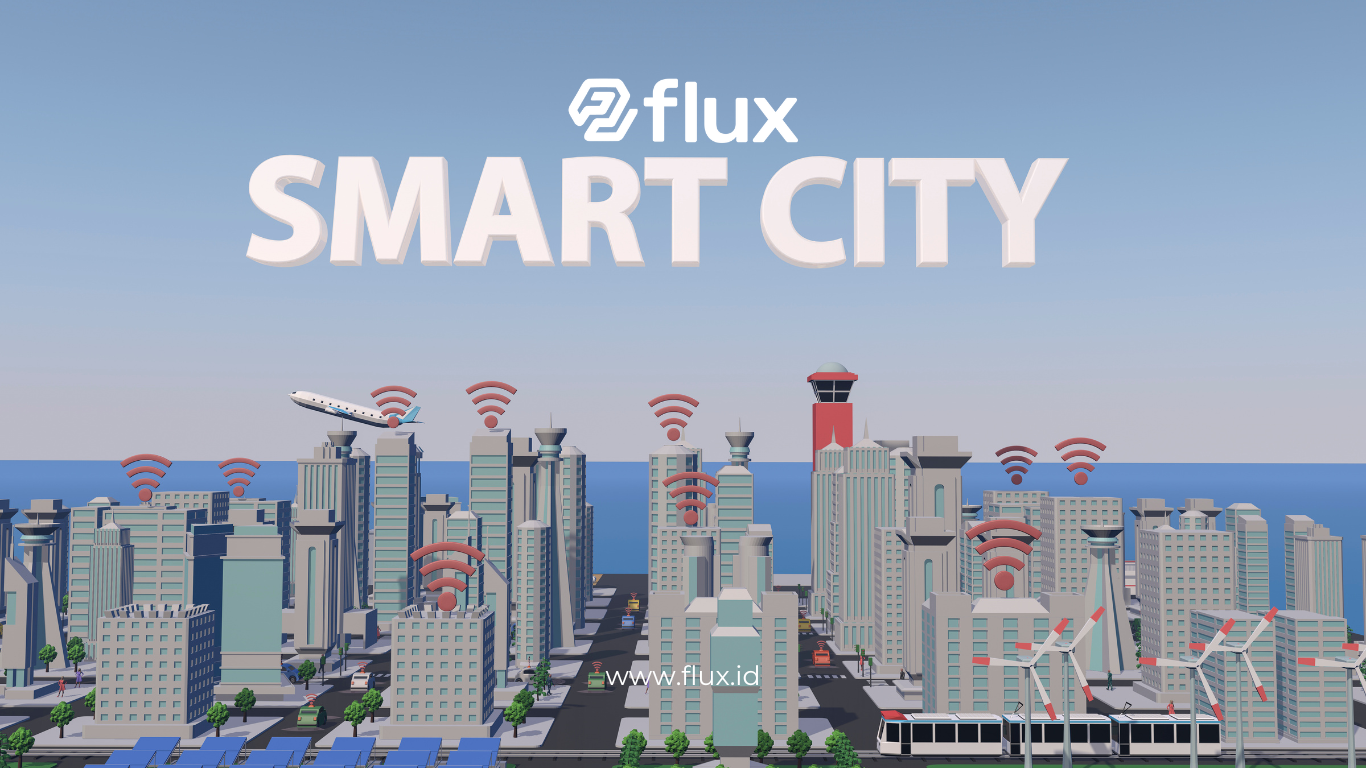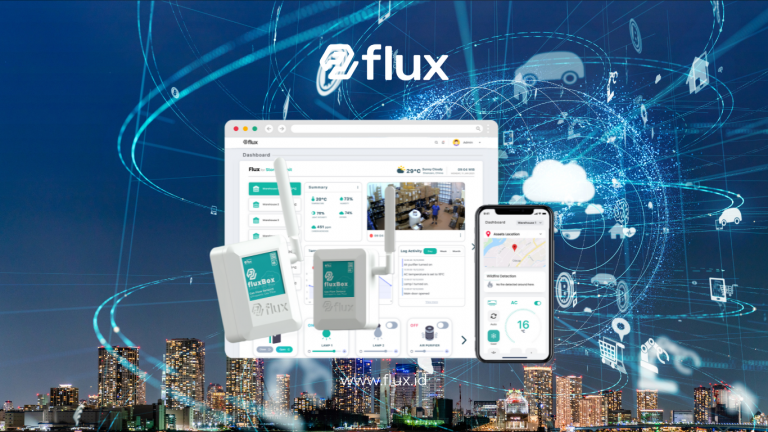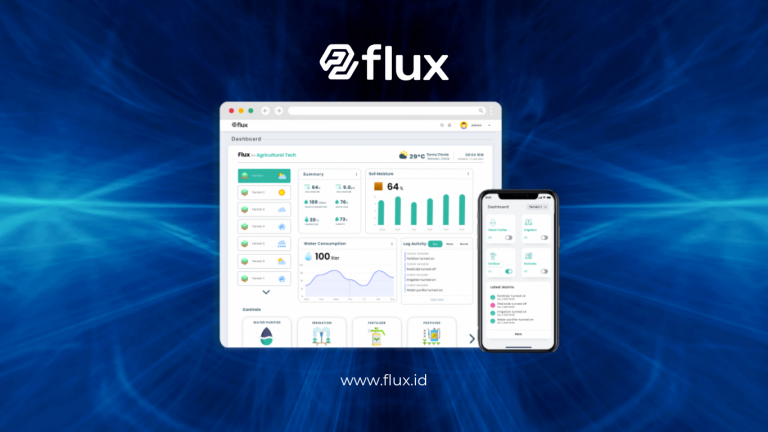Don't miss our holiday offer - 20% OFF!
Technological advancements have opened significant opportunities for creating greener, more efficient, and sustainable cities. The concept of Smart Cities integrates digital technology and the Internet of Things (IoT) to enhance the quality of life for citizens and promote environmental sustainability. With the urgent need to reduce carbon emissions and improve energy efficiency, smart cities are becoming a relevant solution to today’s global challenges.
This article provides an in-depth look at how smart cities contribute to sustainability, the benefits they offer, and the technological implementations that support the creation of a greener environment.
Contents
What is a Smart City?
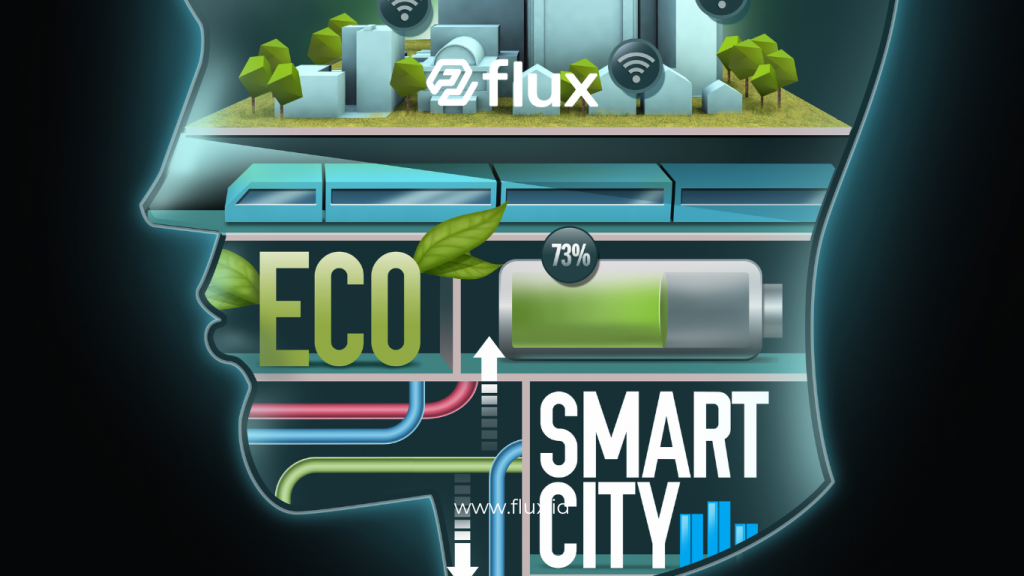
Read More: IoT Technology in Smart City Development: Realizing a Connected and Sustainable City
A smart city is a city that utilizes digital technology and IoT to enhance urban services, optimize resource use, and improve residents’ quality of life. The goal is to create an urban ecosystem that is more efficient, environmentally friendly, and resilient to climate change.
Key Components of a Smart City
- Digital Infrastructure: A robust internet network to support communication and real-time data collection.
- IoT Technology: IoT devices collect and analyze data from various sources like streetlights, pollution sensors, and transportation systems.
- Big Data and AI Systems: The data collected is processed using artificial intelligence (AI) to provide optimal predictions and solutions.
Sustainability in the Context of Smart Cities
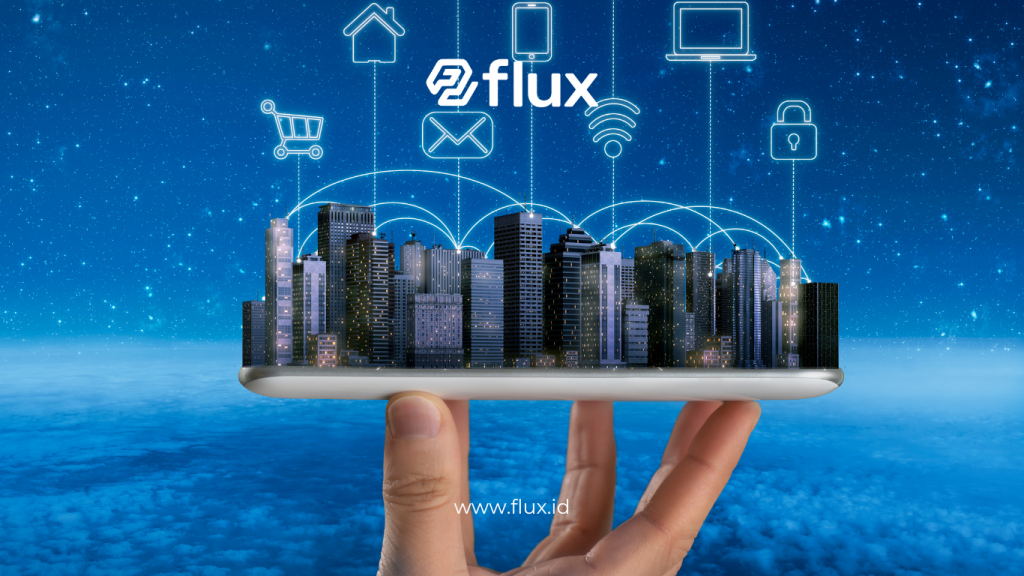
Read More: Guide to Building a Smart City: Digital Transformation for a More Efficient City
The concept of sustainability in smart cities aims to create cities that efficiently use resources, reduce pollution, and minimize environmental impact. Here are key aspects of sustainability in smart cities:
1. Energy Efficiency
- Smart Energy Management: Smart cities integrate IoT-based energy management systems to monitor and control energy usage in real time.
- Smart Streetlights: Streetlights with sensors adjust lighting based on environmental conditions, reducing electricity consumption.
2. Smart Transportation
- Traffic Management: AI-based transportation systems optimize routes and reduce traffic congestion.
- Electric Vehicles (EVs) and Charging Stations: Smart cities promote EV use and provide charging infrastructure at strategic locations.
3. Waste and Water Management
- Waste Monitoring Systems: IoT-enabled waste management systems monitor waste volume in real time.
- Smart Water Management: Water quality sensors ensure the availability of clean water and optimize wastewater management.
4. Pollution Control and Air Quality
- Air Quality Sensors: Smart cities use air sensors to measure air quality and take preventive actions.
- Green Spaces: Increasing green spaces in urban areas helps reduce air pollution and creates natural ecosystems.
Technologies Supporting Smart Cities
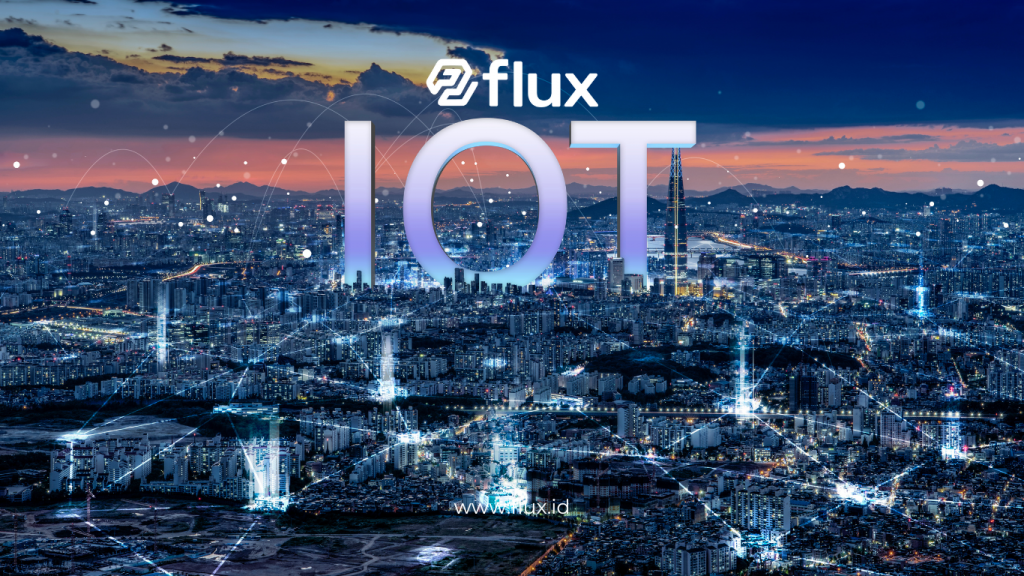
Read More: Smart City in Indonesia: Opportunities, Implementation, and Challenges in Modern Urban Development
Cutting-edge technologies enable the development of smart, efficient, and eco-friendly cities. Here are key technologies supporting smart city development:
1. Internet of Things (IoT)
IoT allows physical devices to connect and share data via the internet. Examples include smart streetlights, parking sensors, and automated waste management systems.
2. Artificial Intelligence (AI) and Machine Learning (ML)
AI and ML enable big data analysis, which is used for traffic prediction, energy optimization, and intelligent waste management.
3. Cloud Computing and Big Data
Cloud computing facilitates the storage and processing of large volumes of data efficiently. Big Data is used to analyze user behavior and city patterns.
4. Blockchain
Blockchain ensures data security, especially in managing citizen data, transaction records, and smart city supply chains.
Benefits of Smart Cities for Sustainability
- Reducing Carbon Emissions: Smart traffic management and energy-efficient systems help minimize carbon emissions.
- Improving Public Health: Monitoring air quality and waste management helps create a cleaner environment.
- Reducing Operational Costs: Automation and smart energy management significantly reduce operational costs.
- Enhancing Community Well-being: Better transportation, cleaner air, and sufficient green spaces improve citizens’ well-being.
Challenges in Implementing Smart Cities
- High Implementation Costs: Building infrastructure and procuring advanced technology requires substantial investment.
- Privacy and Data Security: Data from AI and IoT systems must be protected from cyber threats.
- Limited Access to Technology: Some regions face challenges in accessing the necessary technology for smart city development.
Conclusion
Smart cities are not just a futuristic concept but a tangible solution to create greener, more environmentally friendly, and sustainable cities. Leveraging IoT, AI, and Big Data, smart cities manage resources efficiently, reduce pollution, and improve the quality of life for their citizens. While challenges exist in terms of costs, privacy, and technology access, the long-term benefits are clear for both society and the environment.
The implementation of a sustainable smart city concept requires collaboration between governments, private sectors, and communities. By doing so, we can realize a vision of greener, more efficient, and environmentally friendly cities.


